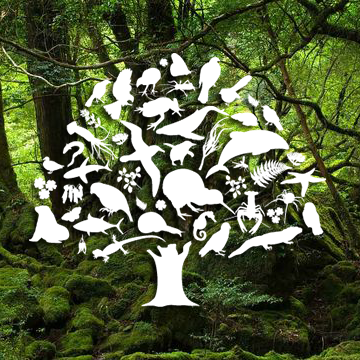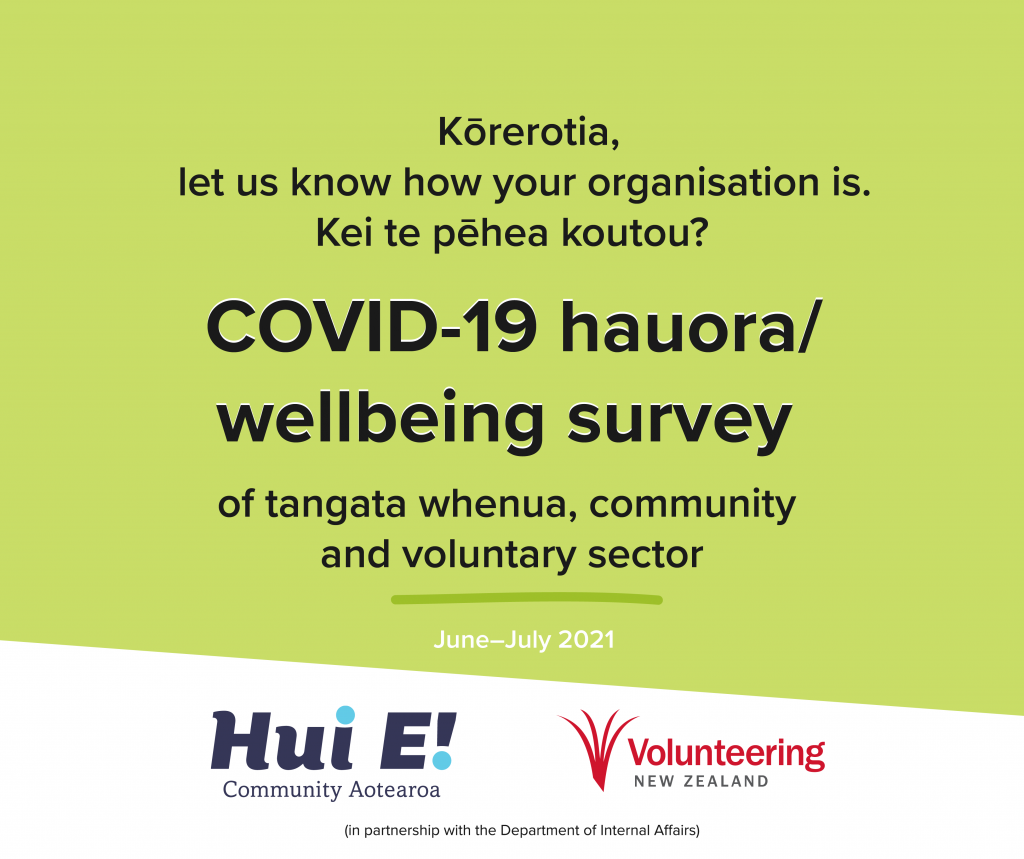New Zealand has a deep and long tradition of volunteerism, particularly in sports. Sport Wellington believes volunteerism, along with volunteerism in sport is alive and well. Survey data paints a picture that supports our opinion, for example:
- During the September 2014 quarter, nearly 35 per cent of all respondents to the Nielsen Consumer and Media Insights (CMI) Survey volunteered at least one hour of their time. This is the highest volunteering rate of the five years measured.
- The 2013/14 Active NZ Survey showed that 28.6% of the NZ population volunteered in one or more roles in a sport or recreation activity. That is just under 1m people.
However, it is clear that times are changing. Increasingly people (including club members) wait to be approached for volunteering roles. This reluctance to put their hands up is as a result of time poverty, worries about over-committing or a perception that volunteering is a thankless task. It is up to all sports organisations to think differently about recruitment, learn more about what motivates people to volunteer and how they want to be thanked, and how we can structure roles to meet their needs.
We know that people volunteer if it matters enough and if they can see what their part is in making things better. Proof of this is the community led responses of large groups of volunteers to the Christchurch and Kaikoura earthquakes, the Rena shipwreck and the mass whale stranding on Farewell Spit. The challenge for sport organisations is therefore communicating that what they do is important and relevant, so that people care enough to volunteer.
Sport Wellington and many of the sport organisations we work with have acknowledged the need for change and see volunteer planning is a vital part of sustaining the volunteer workforce that our sporting system demands. Our view is that a strong and effective program, based on good volunteer practice that focuses on volunteer needs rather than organisational goals, that offers clear and firm direction with defined outcomes, that allows for valuation and feedback from volunteers, can succeed. Proof of this exists in the many Volunteer Involving Organisations (VIO) that rely on volunteers, who run successful programs and who have little trouble finding and retaining volunteers.
For these reasons, Sport Wellington sees a volunteer plan as an essential tool for organisations wanting to recruit and retain volunteers. And after all, if volunteers are such a crucial resources, why wouldn’t an organisation adopt a structured and a planned approach?
Scott Miller CEO of Volunteering New Zealand says:
“Unlike in other countries, volunteering in New Zealand is growing. Since statistics were last counted, there has been a 21% increase in the number of volunteers giving their time and energy to community sports amongst other volunteering pursuits.
However, what is consistent among countries is a marked decline in the hours people volunteer. We live in busy societies, where time is precious therefore we need to make sure people’s efforts are as well planned and organised as possible. Without this consideration of our volunteer workforce, we do run the risk of turning off volunteers, and as a result, losing the rich tapestry that volunteers bring to our sports and our communities.
Fortunately, through the work of Sport Wellington and their funding from the Lion Foundation, best practice is available. This work is vital to all sports organisations to ensure they remain accessible, thriving centres of community engagement and not the realm of only those that can afford professional ‘super clubs’ in the future”.
From the March 2017 Edition of Sport Connector, Sport Wellington.





About The Author: Admin
More posts by admin